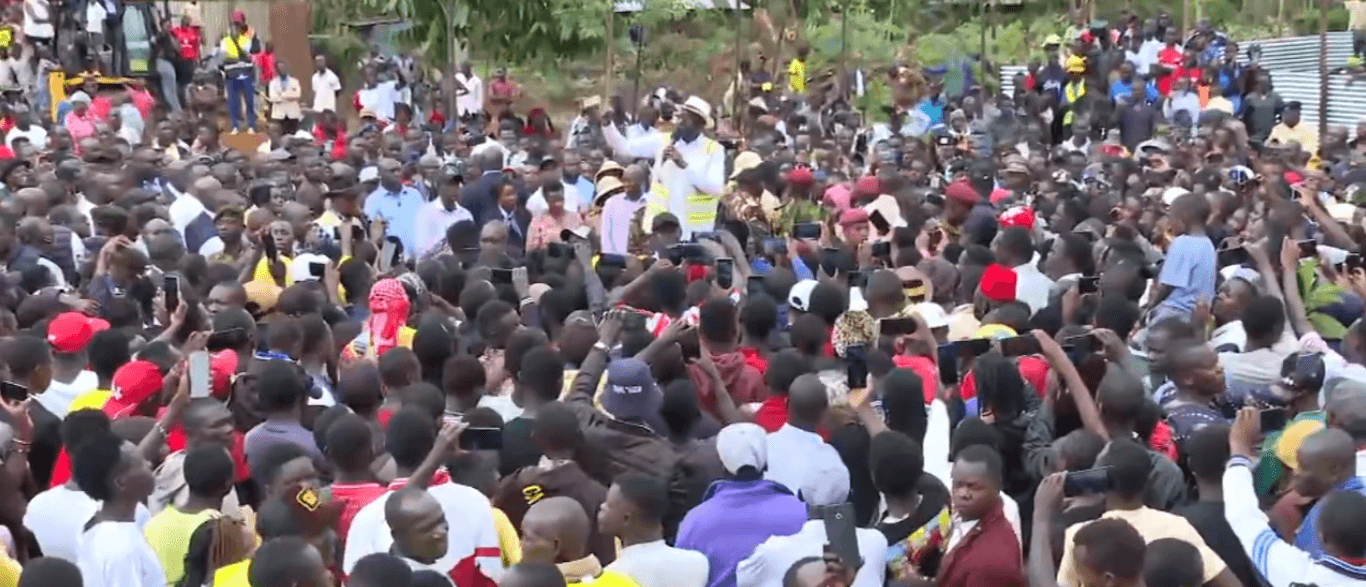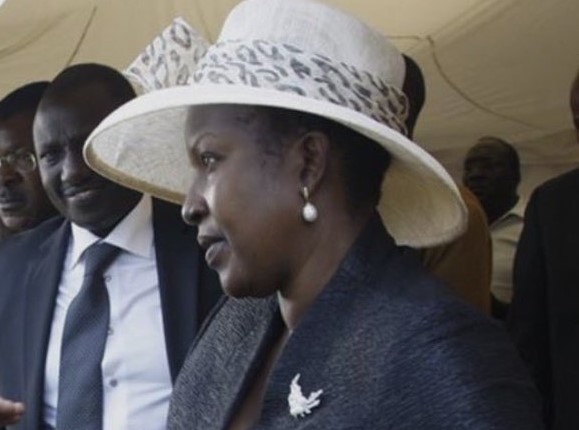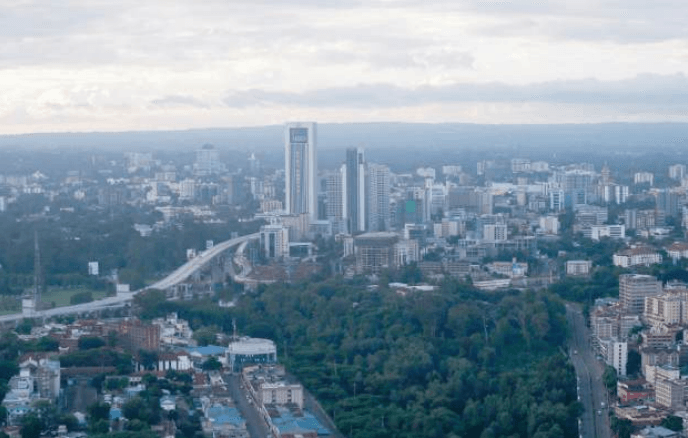Japan-based car exporter– IBC Japan Ltd is now eying to increase its exports and dealings in Kenya, tapping into the government-driven Special Economic Zones (SEZs).
The government is leveraging on the SEZs as part of its plans to boost Foreign Direct Investment (FDIs) in post-Covid-19 economic recovery.
The Kyoto headquartered firm has entered into a partnership with Nairobi-based local firm – Ziara SEZ Limited, in creating a base for used cars in Nairobi, which is expected to bring units closer to buyers.
IBC Japan is a world leader in the vehicle export industry; specializing in the development and implementation of vehicle procurement, export management, and customer service technology, with key sources being Japan, Singapore, the UK, and Thailand.
It has been exporting cars to Kenya for the last 25 years, through online orders, with an average monthly export of 300 units mainly ex-Japan.
Overall, Kenya imports an average of 4,000 to 7,000 units of used cars a month, based on seasonality and spending power, a market the firm wants to tap into to increase its share.
According to Jojo Hemi, President and CEO, IBC Japan, the partnership gives the company a physical presence in Kenya, which will increase its activities in the country.
It will also use Nairobi as a hub for taping the regional markets of Ethiopia, Uganda, South Sudan, DR Congo, Rwanda and parts of Tanzania.
“We find the market is big, the growing middle class, especially in Kenya which is driving the demand,” Hemi said during an interview with The Star, in Nairobi.
Under the partnership, IBC will be the sourcing and exporting agent while Ziara SEZ Limited will provide the trading space in Nairobi.
This means importers and potential buyers will not have to travel to the port city of Mombasa to collect or buy units, as it will be delivering the same to Nairobi, via the SGR freight operations.
The Delivered Duty Unpaid units are shipped into the country as containerised cargo.
“We have started with small volumes as the systems come into place, we expect by July, that we should be mid-strike and end of the year fully-fledged,” Hemi said, “We have been limited to provide cars up to Mombasa, now we are delivering to Nairobi.”
About 70 per cent of vehicle imports to Kenya are destined for Nairobi, a fact the two companies say has made the need to tap the existing gap in the market.
Ziara SEZ has a holding capacity of 1,000 cars on the 20 acres leased special economic trade zone, near the Nairobi Inland Container Terminal.
“A lot of people have been driving all the way to Mombasa to look for these units, we are saying no, let us bring the deals to where the market is,” said Steve Otieno, director at Ziara SEZ limited.
The two are also in partnership with a logistics firm, Jetlogistics, which deals with chopped ups, providing a market for those looking for parts.
The government has been keen to attract investors to the SEZs which have special regimes that facilitate a wide range of activities such as storage, export, and re-exports.
SEZs include free trade zones, industrial parks, free ports ICT parks, agricultural zones, tourist and recreational zones, business service parks and livestock zones.
SEZs establishments have very good infrastructure with ample storage, government support and a wide range of tax rebates to attract investors.
They are considered to be outside the customs territory of Kenya, and therefore operate in a jurisdictional that shields them from taxes and other regulatory bureaucracy.
Tax incentives include exemption from paying, in part, excise duty, income tax, customs duty and value-added tax on all special economic transactions by licensed SEZs enterprises, developers and operators established within the zones.
Meanwhile, car prices are projected to remain high occasioned by global factors such as the war in Ukraine which has affected production of semi-conductors, cost of shipping, and reduced production which has seen owners hold on longer to their units.
“ People are sitting on to their used vehicles longer rather than trade them in every five years as it has been for many. This is because of the reduced supply in the market which is affecting prices,” Hemi said.
There is also increased demand for used cars in the Japanese market itself, which is the source for more than 80 per cent of Kenya’s imports.
Shipping costs have gone up from as low as $2,600 (Sh 29,926) for a 40-foot container to $10,000 (Sh1.1 million)at the height of the pandemic.
These factors have pushed up prices by about 20 per cent in the Kenyan market, a trend expected to be witnessed in at least the next year.
For instance, a Mazda Demio which used to go for about Sh550,000 is now between Sh750-Sh800.
Toyota Probox has hit Sh1 million from as low as Sh550.
A seven-year-old Prado which used to go for between Sh4.3 and Sh4.5 million is now selling at about Sh5.5 million.
“The prices are expected to rise further if owners continue holding on longer to units, not taking them to the cautions. Second, the effect of the war (Russia-Ukraine) has not even been felt,” Otieno noted.
WATCH: The biggest news in African Business










